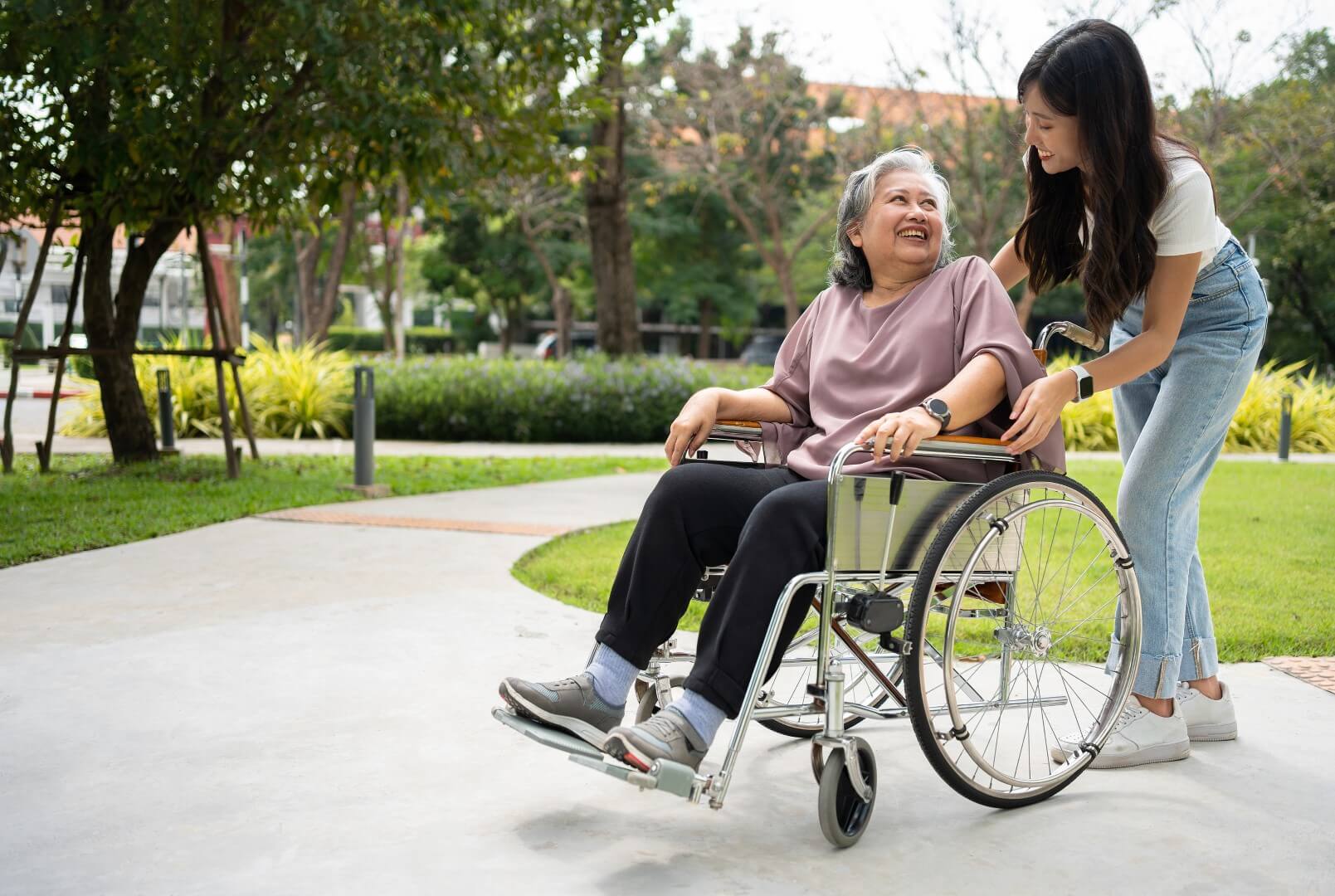Taking care of the needs of an aging parent or loved one can be deeply rewarding. But the role of primary caregiver is demanding, requiring a lot of time and energy from the person providing care. Trying to balance all the responsibilities of taking care of another individual can take a physical, mental, and emotional toll on the caregiver.
For family caregivers who need relief, respite care is a win-win solution for seniors and their caregivers to take a much-deserved rest from their usual routines. Here is a look at common signs of caregiver burnout and how older adults and the individuals providing care for them can benefit from respite care.
What is Respite Care?
Respite care is the temporary care provided when family caregivers need short-term breaks from caregiving responsibilities. It is primarily used to support a family caregiver by providing relief when he or she cannot complete caregiving duties. This type of care can be either planned or used in the case of an emergency. It can range from several days to several weeks, depending on the situation and services offered by your local senior living community.
4 Telltale Signs You are Experiencing Caregiver Burnout
If you routinely provide care for a senior loved one, here are four signs you are experiencing burnout and could benefit from some extra support.
1. Lack of energy
Physical exhaustion is a common sign of caregiver burnout. Caregivers may experience chronic fatigue or physical symptoms because of their exhaustion, including headaches, muscle tension, and digestive issues. A caregiver who is overwhelmed with responsibilities may also develop poor sleep habits, including having trouble falling asleep at night or staying asleep.
2. Emotional fatigue
Alongside physical fatigue, caregiver burnout commonly includes emotional exhaustion. Caregivers may experience a wide range of emotions while providing care for a loved one. Many feel overwhelmed, stressed, and anxious. They may also experience feelings of sadness, guilt, and hopelessness.
3. Withdrawal from social activities
Caregivers experiencing burnout may start to remove themselves from social activities and hobbies they once enjoyed. They may feel guilty about taking time away from their caregiving responsibilities or too tired and overwhelmed to participate in activities with other people.
4. Neglecting personal needs
Finally, in their selflessness, many caregivers forget to care for their own personal needs. If caregiving duties begin negatively impacting your life, such as forgetting to eat, neglecting your workout routine, or skipping doctor appointments, it’s time to consider alternative care options for your loved one.
Respite Care Can Help
At Vista Grande Villa, we offer respite care in Independent Living, Assisted Living, and Memory Care areas. Our respite care program is designed to provide personalized, short-term care for seniors who need it so that their caregivers get the time to look after their own needs. This not only benefits caregivers, but also allows seniors to enjoy the same expert care, delicious meals, amenities, and life-enrichment opportunities as all our residents.
Although caregiver burnout is relatively common, it’s important to prioritize self-care and seek support when needed. Learn more about Vista Grande Villa’s respite care and other short-term care options by scheduling a tour today!




